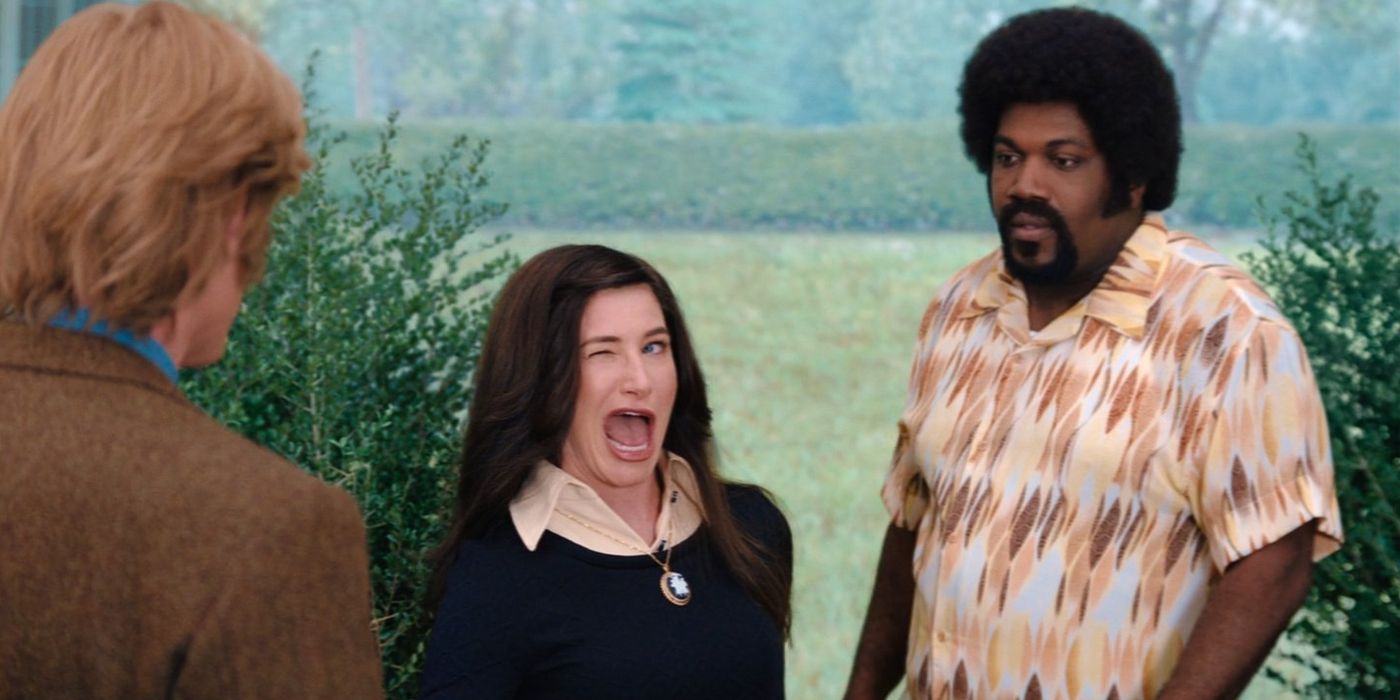
This article contains spoilers for multiple episodes of WandaVision.
Just like promised, WandaVision's finale delivered an exciting conclusion to the miniseries rivaling the visual flair of most Marvel movies. Aside from Disney Plus crashing again due to WandaVision traffic, the show’s ending will leave fans debating potential problems for similar MCU productions in the future, despite arguably delivering a satisfying ending that brings closure in more ways than one.
All things considered, WandaVision did squeeze in a charismatic villain from Agatha Harkness that's likely to return in the future; one evil office dweller in Tyler Hayward that no one will miss; a touching story involving Wanda, Vision and their children; the birth of a new Marvel hero in Monica Rambeau; the unmasking of Evan Peters’ “Fietro” as Ralph Bohner; and of course, audiences now know what the Scarlet Witch’s final form will look like when she shows up in Doctor Strange in the Multiverse of Madness.
RELATED: WandaVision's Retcons Are Extremely Comics Accurate
If there is one thing fans are starting to accuse WandaVision writers of is stringing them along to believe that the show’s finale would somehow be a reveal party for cameos from other MCU heroes or even the X-Men. Indeed perhaps one of the best TV moments that came out of WandaVision was the fifth episode's recasting of Wanda’s deceased brother to bring back a notable fan favorite, which paired along with Agatha/Agnes’ elusive husband Ralph were the two prime sources for elaborate fan theories.
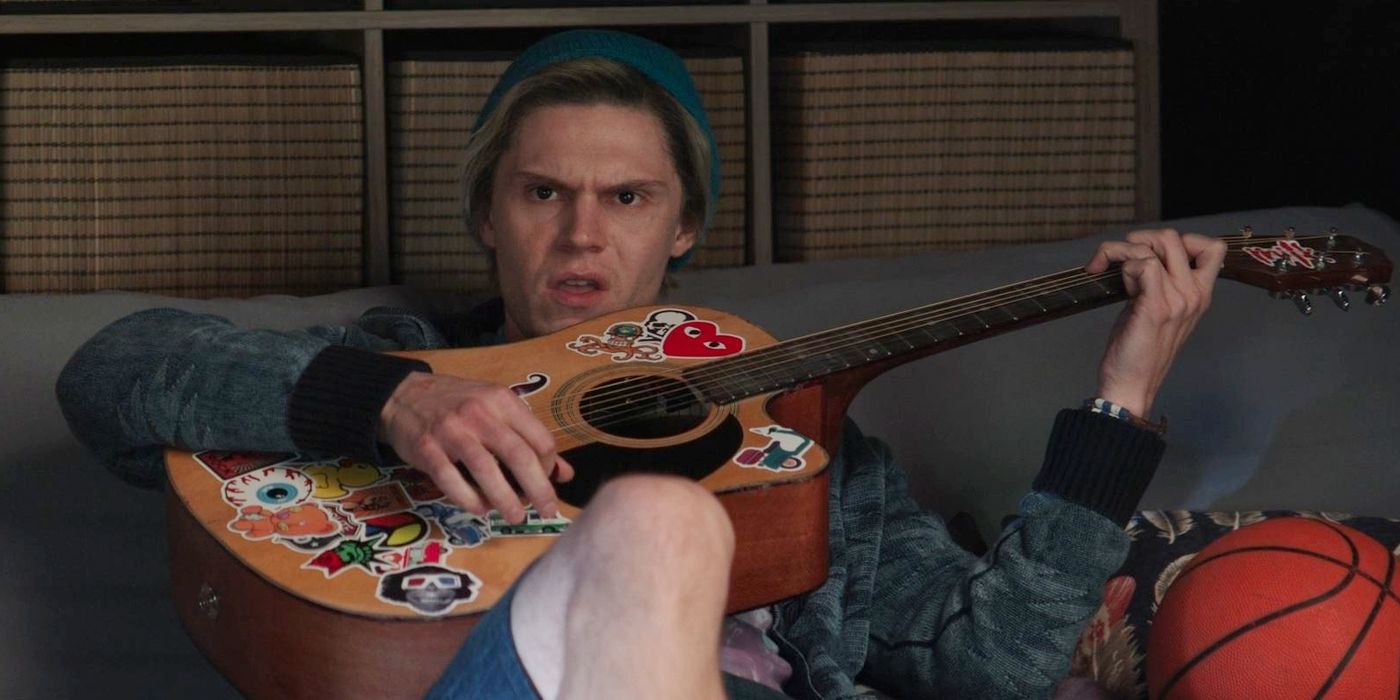
As early as the show’s second episode keen-eyed viewers were already drawn to Agnes’ evil act when posing as the likable nosy neighbor that complained about her husband. Funnily enough, Agnes’ comments and humor on Ralph changed in tone as the decades passed and her housewife persona did so too, yet the mysterious figure remained hidden from sight, something that had fans theorizing that Ralph could actually be Marvel’s devil himself, Mephisto.
That was until Pietro Maximoff knocked on Wanda’s door to relieve Agatha Harkness from the pressures of working her evil deeds incognito. As explained by showrunner Jac Schaeffer bringing back Evan Peters was never meant to be about fan service, but rather as something that would help the plot move forward instead of dragging it down for one brief “wow!” moment.
It bears reminding that WandaVision was never really about big superhero action, exciting cameos, or laughter. As shown in episode eight, WandaVision, the Hex, all the neighbors, and Wanda’s family are products of deep grief. It’s all really a nine-episode CT scan of what the Scarlet Witch’s broken heart looked like after being robbed of the man she loves and not even getting the chance to bury him properly. WandaVision proves that even super-powered individuals can develop post-traumatic stress disorder.
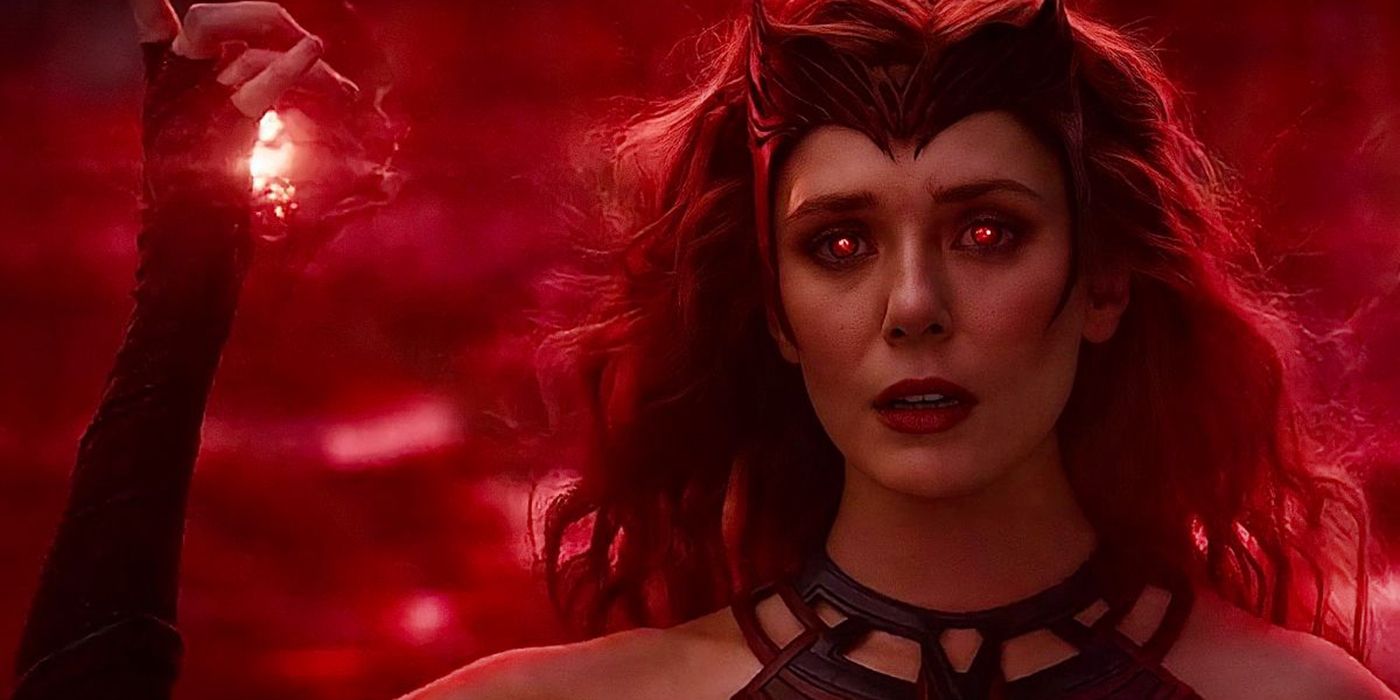
Wanda’s first encounter with Pietro is shocking, yet nevertheless shortly after it basically the Scarlet Witch starts embracing this new brother that isn’t quite the one she loved and blissfully accepts that this very strange Pietro is indeed the brother she used to have. The audience doesn’t quite know it yet, but Evan Peters’ “Fietro” is in fact just as real as Wanda’s own children, Bobby and Tommy.
Much in the same way Wanda spends several episodes avoiding having to confront her own very real pain, both Pietro Maximoff and Ralph are there so the audience doesn’t have to come to terms with the fact that WandaVision is really not a lot like every other Marvel production that came before it. When Schaeffer said Peters’ wasn’t there for fan service she was right, he was there to misdirect the protagonist and viewers on the show’s outcome.
That isn’t to say there aren’t plenty of “Fietro” easter eggs out there, Ralph Bohner’s mancave is strikingly similar to that of the X-Men’s Quicksilver; his personality is that of Magneto’s son; his hairstyling honors Wolverine; and of course, his nephew’s powers are taken straight from that character, making for a great scene when Tommy handles the S.W.O.R.D. squad just like his fake uncle would do in some other dimension.
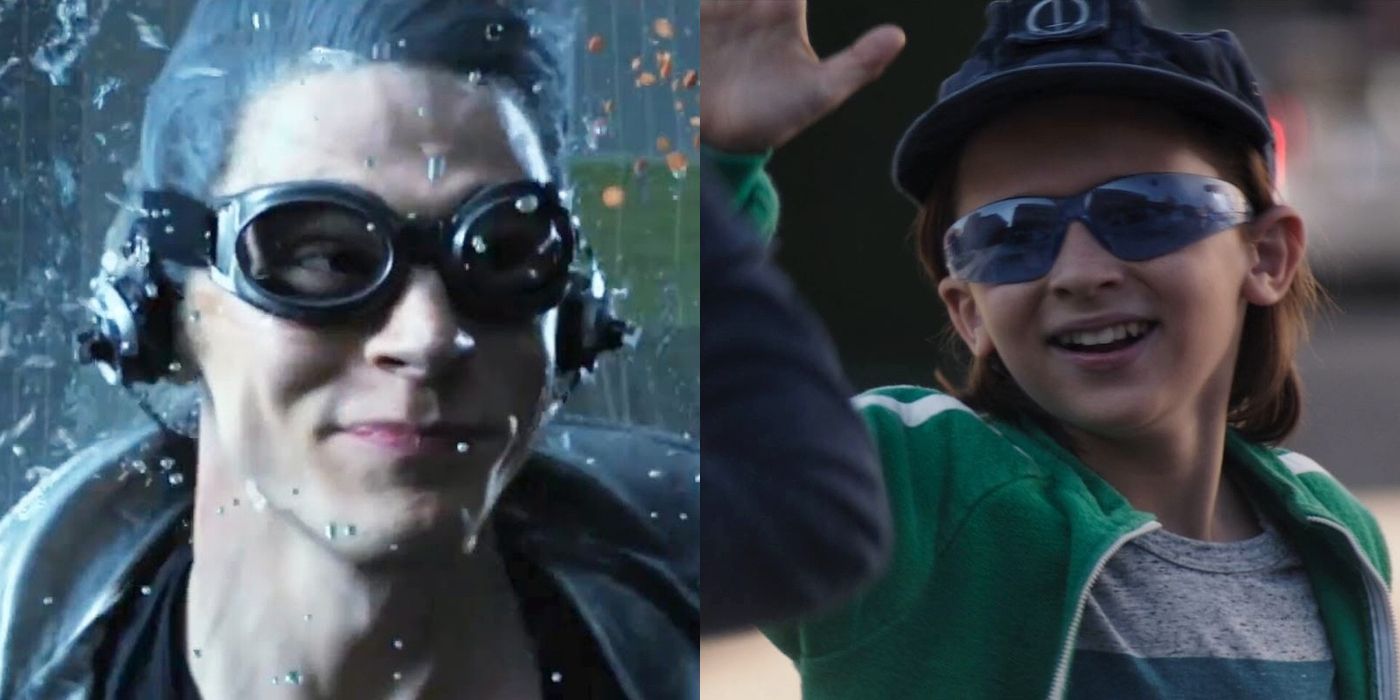
And then, it all comes crashing down after Monica Rambeau easily topples the very average Ralph Bohner, reminding audiences that Ralph and Pietro were pretty much jokes all along. Is it disappointing? It might be for some, but having the ability to zoom out from the hex would have allowed many to see that WandaVision was a story focused on Wanda’s personal journey.
WandaVision director Matt Shakman had hinted that some fans would be let down by the finale, addressing all the crazy fan theories floating around, and if one wasn’t already prepared for Ralph and Pietro to turn out to be so trivial that could be the case. However, the thing is that wasn’t really it, “Fietro” is there to help Wanda move closer to coping with reality, while enabling Agatha Harkness to lure Wanda into her trap.
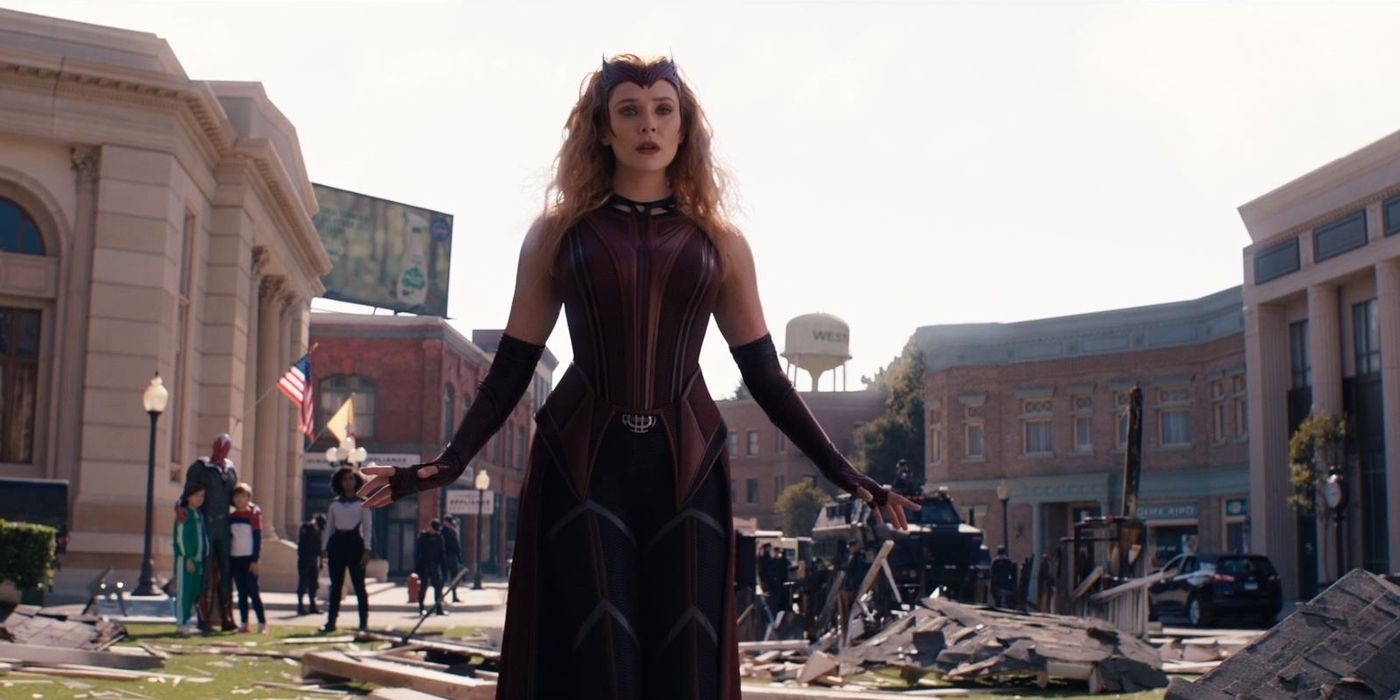
It’s pure emotional manipulation, right up to the point until Wanda can’t suddenly be manipulated because she’s grown out of the depressive state she’s in. WandaVision might have not ended with exciting cameos stitching the show together with Spider-Man: No Way Home or Doctor Strange sequel, but it does deliver the moment that was teased since the series’ first previews showed a tiny flash of Wanda in full Scarlet Witch attire.
The Falcon and the Winter Soldier is set to solve the mystery of who gets to become the next Captain America, just like WandaVision had to explain how does Wanda Maximoff becomes the Scarlet Witch. This might just be an early lesson from Disney, that fans should not be so aggressively focused on the Fietros and Ralphs that show up on the screen, and instead they should zoom out to look at the bigger concept Marvel and Disney are trying to present. The big Marvel fan service might a thing for post-credits scenes now.
MORE: Marvel's Falcon And The Winter Soldier Is A Direct Sequel To Civil War

